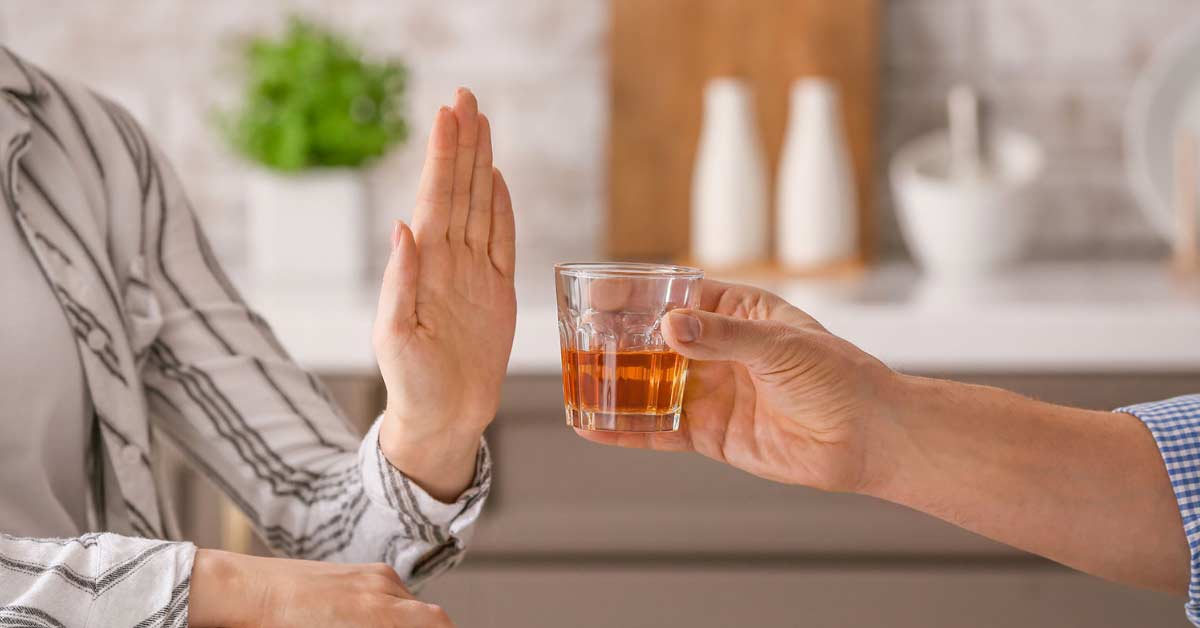
Things to Bring with you to an Addiction Treatment Center in Massachusetts
Suppose you have decided to attend an addiction treatment program in Massachusetts, congratulations! Taking a step towards your long-term well-being is an admirable and life-altering decision. The addiction treatment center in MA will be your new home away from home, which is why it is crucial to understand what to expect during rehabilitation, including what to bring and what to leave behind.
Every addiction treatment center in MA will have different rules and policy terms, which is why it’s best to inquire about such information beforehand. Treatment centers generally allow you to bring the necessities and leave behind the luxuries. Here is a complete guide on what to pack before coming to a drug and alcohol rehab center in Massachusetts.
The Rehab Essentials
- A list of names, addresses, and phone numbers of people who you wish to involve in your rehabilitation process. These can include friends and family, healthcare providers, sponsors, employers, etc.
- Jewelry that you wear daily, for example, a wedding ring or a watch. It is recommended to leave the more sentimental and expensive pieces behind just to be on the safe side.
- A simple alarm clock without any extra features, such as a radio. Usually, rehab centers provide alarm clocks, so check with your center before making a purchase.
- Your current prescription medication should be contained in the original bottle with an accurate label. If you have any liquid medicines, make sure they are brand new and sealed. Moreover, bring along a list of all your medications and their appropriate dosage.
- All the necessary documents, such as ID card, passport, driver’s license, and insurance cards
- Checkbook, credit or debit cards to pay for any treatment medications
- Cash amounting to $100 or less for any trips to the store or vending machines
- A calling card (if required by the treatment center)
- A journal for writing down important notes or expressing your thoughts
- Pictures of a loved one
- A small decorative item or plant to make your room feel homey
- Books or other reading material (check with your facility to see if they have any restrictions on the content of the book)
What Clothing Items
Most addiction treatment centers in MA have a strict dress code, so be aware of any dos and don’ts before packing your suitcase. Remember that rehab rooms are usually not that spacious, so avoid overpacking. If you live in a colder environment, consider different layering options like cardigans, sweaters, and t-shirts. Ideally, take a week’s worth of clothing and reuse them after every wash. Bring comfortable, light, and weather-appropriate clothes, including:
- Shoes: Comfortable shoes for everyday use, a pair of flip-flops for the shower, slippers, and tennis shoes for any sports-related activities
- Shirts: pack casual t-shirts, cardigans, and sweaters. If you are wearing any tank tops, make sure to pair them with cardigans to follow the center’s dressing rules.
- Pants: comfortable pants for everyday use
- Shorts: make sure that the length of the shorts is appropriate as per the dress code
- Dresses: A couple of formal dresses for special events
- Socks, undergarments, and a hat for when going outdoors
- Swimsuit: Trunks for men and one-piece suits for women
- Sleepwear, such as a pair of pajamas.
Toiletries and Beauty Products
Most addiction treatment centers require all beauty products and personal hygiene items to be alcohol-free, while others only allow products that do not have alcohol in the first three ingredients. Avoid bringing aerosols.
- Toothpaste and toothbrush
- Hairbrush/comb
- Shampoo and conditioner
- Hair styling products that only come in pump form and not spray form
- Feminine hygiene products
- Makeup items
- Moisturizers, body lotions, and other skincare products
- Stick deodorant
- Sunscreen
Hobby Items
If you have a hobby such as knitting, photography, or painting, these activities can be perfect for helping you settle in and get used to the new environment. Check with your center to see if they allow hobby items that are specific to your needs.
What Not to Bring to an Addiction Treatment Center?
Addiction treatment is all about healing, getting rid of old unhealthy habits, and focusing on treatment goals. Certain items can interfere with the treatment process and are therefore prohibited by rehab centers to ensure maximum safety. Prohibited items will vary depending on your choice of the addiction treatment center in MA, but some common items include:
- Cigarettes and electronic cigarettes
- Electronics such as cell phones, tablets, DVDs, and video games
- Candles or any flammable objects such as perfumes and deodorants
- Other alcohol-containing cosmetics, toiletries, or cleaning supplies
- Drugs or alcohol
- Any medication that is not prescribed or was opened before the arrival
- Sharp objects and weapons, such as knives, scissors, blades, guns, etc.
- Synthetic nail products
- Revealing clothes, such as sleeveless shirts, tanks tops, or midriff-showing tops
- Board games or playing cards
- Pornography or risqué magazines
- Clothes with inappropriate references to alcohol, drugs, racism, or violence
- Food and drinks from the outside
Many of the items, such as board games and cell phones, might seem harmless, but the reason is to help you focus on your recovery journey. Your center will provide you with such items during certain times to promote recreation. Edibles from outside are forbidden since many addiction treatment centers like to monitor the sugar and caffeine environment. Food, snacks, and beverages will be provided as part of the treatment plan. If you have any special requests due to dietary needs, notify the facility before applying.
Certain miscellaneous items are allowed by some addiction treatment centers in Massachusetts. These include shutterbug cameras, unopened vitamins, electric razors, nail cutters, and bedding items to make the room more comfortable and homey.
Before packing for drug and alcohol rehab in Massachusetts, get in touch with your facility to double-check items you are unsure of. If you arrive at the center with some important items missing, don’t panic. You can always ask a close one to deliver the items or request the center to provide you with the essentials. If you bring any prohibited items, your facility will most likely store them and return you the item once you have been discharged. The important thing is to keep a positive attitude and try to make the most out of what you are given, and you will be surprised at the experience.
Day Treatment Program in MA
The Day Treatment in Massachusetts, also referred to as PHP (Partial Hospitalization Program) or IOP (Intensive Outpatient Program), is the highest level of care offered at Northstar Recovery Center. This addiction treatment option encompasses comprehensive clinical care and behavioral therapies. In the initial stages of recovery from addiction, it's crucial to have robust support to navigate both physical and emotional challenges. Our dedicated team at Northstar Recovery Center, located in Southborough, MA, and West Springfield, MA, is committed to assisting you in establishing a solid foundation for a lifelong recovery from addiction to drugs and alcohol. Clients typically visit our addiction treatment center in Massachusetts each weekday for several hours, engaging in counseling sessions and other necessary interventions. This approach ensures a balanced and effective recovery process, tailored to individual needs within the framework of Day Treatment.
Individual, Group, and Family Counseling in Massachusetts
Addiction thrives in isolation, which is why group counseling sessions are a foundational part of our addiction treatment plans. In group sessions, you’ll gain perspective on your struggles with substance abuse and can connect with others who understand your experiences. Family counseling can help your loved ones understand the disease of addiction, navigate conflict and build healthier relationships. In individual counseling sessions, you’ll be able to work through personal issues like past trauma with the help of an experienced therapist.















